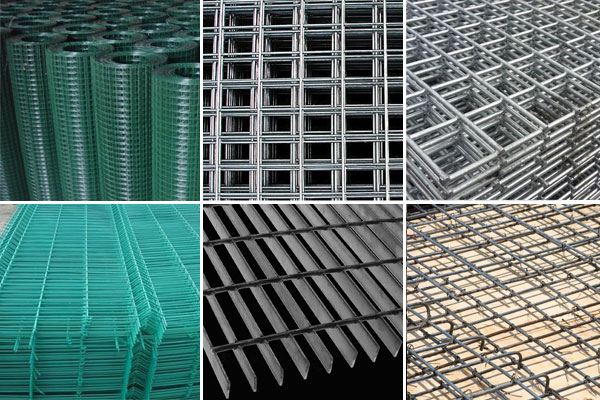How to Choose the Correct Wire Mesh for Your Project
Wed,03-May-2023
There are several factors to consider. Wire mesh is available in various materials, sizes, and configurations, each with its own properties and applications. Here are some guidelines to help you make an informed decision: 1. Determine the Purpose: Clearly define the purpose of the wire mesh in your project. Are you looking for security, filtration, reinforcement, containment, or a combination of these? Understanding the intended function will guide you towards the appropriate mesh characteristics. 2. Material Selection: Wire mesh can be made from different materials such as stainless steel, galvanized steel, aluminum, brass, or synthetic fibers. Consider the environmental conditions, corrosion resistance requirements, strength, and aesthetics to select the right material. 3. Mesh Size and Openings: Mesh size refers to the number of openings per linear inch or centimeter. Determine the required mesh size based on the desired level of filtration, ventilation, or visibility. Consider the size of particles or objects that need to be contained or prevented from passing through. 4. Wire Diameter: The diameter of the wire used to make the mesh affects its strength and durability. Thicker wires provide greater strength but may reduce flexibility and affect transparency, while thinner wires are more flexible but may have lower tensile strength. Choose a wire diameter that suits your project's specific requirements. 5. Weave Type: Wire mesh can be woven in different patterns, such as plain weave, twill weave, or Dutch weave. Each weave type offers unique characteristics, such as strength, stability, filtration capability, or smoothness. Consider the weave type based on your project's needs. 6. Surface Finish: The surface finish of the wire mesh can impact its appearance and performance. Options include plain (unfinished), galvanized, coated, or painted finishes. Consider factors like corrosion resistance, aesthetics, and compatibility with other project materials. 7. Application-Specific Considerations: Some projects may have specific requirements based on industry standards or regulations. For example, if you are using wire mesh for architectural purposes, you may need to consider its visual appeal and transparency. In industrial applications, heat resistance or electrical conductivity might be important factors. 8. Consult with our Experts: If you are uncertain about the best wire mesh option for your project, consult with our experts. They can provide valuable guidance based on their experience and expertise.
